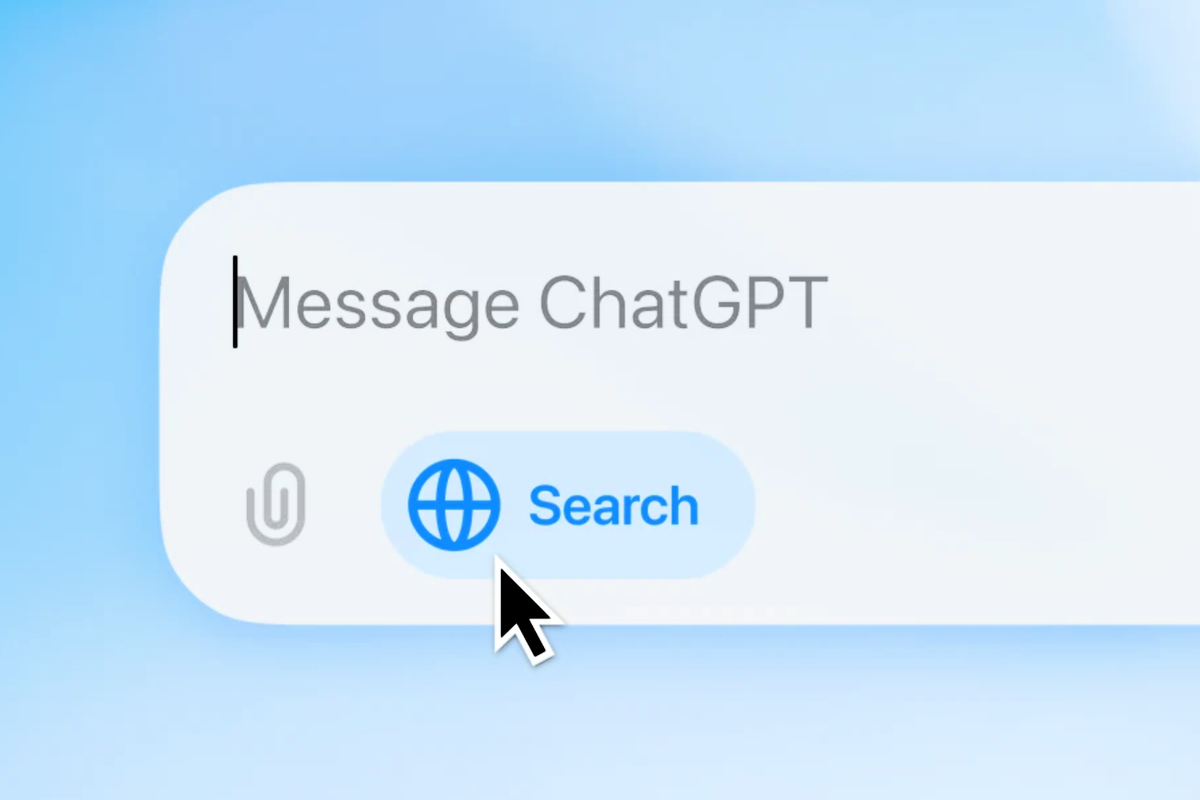After months of teasing, OpenAI has finally turned ChatGPT into a search engine. The AI firm claims that its new search engine provides better answers than Google, delivered in a more conversational way.
OpenAI boss Sam Altman claims it is the most exciting thing to happen to AI since the launch of ChatGPT two years ago, while one analyst says it is “huge news in the search world”. But is OpenAI’s new approach enough to actually challenge the decades-long dominance of its Silicon Valley rival.
Google currently holds nearly 90 per cent of the global search engine market share, with recent efforts by Microsoft to integrate AI into its Bing search failing to make a dent. Google has also made moves to add AI capabilities to its platform, counting some of the brightest minds in the field of artificial intelligence among its employees. (Last month two of them – Demis Hassabis and John Jumper – won the Nobel Prize for Chemistry for their AI research.)
In May, Google added summaries created by generative AI to the top of its search results, aiming to provide users with relevant information without needing to click on links or visit other websites.
But OpenAI wants to take a different approach. Having been the first to bring generative AI to mainstream attention with the launch of ChatGPT two years ago, the company now hopes to introduce the world to a new way of searching for up-to-date information.
Rather than simply type a query into a search bar and get responses, OpenAI’s new format encourages users to interact with the chatbot in order to hone answers and provide better context. Early comparisons between Google and ChatGPT search have come out in favour of OpenAI’s creation, with one reviewer describing it as a “refreshing experience” that is less cluttered, more personal and consistently reliable.
Through partnerships with online publishers and data organisations, ChatGPT can now provide the latest news, weather, sports scores and stock information
“ChatGPT can now search the web in a much better way than before,” OpenAI wrote in a blog post detailing ChatGPT search. “You can get fast, timely answers with links to relevant web sources, which you would have previously needed to go to a search engine for. This blends the benefits of a natural language interface with the value of up-to-date sports scores, news, stock quotes, and more.”
OpenAI boss Sam Altman described search as his “favourite feature” since launching the original ChatGPT AI chatbot two years ago.
“It has probably doubled my usage over the past few weeks,” he posted on X on Thursday. “If early reviews from friends are a reliable metric, search is going to do super well!”
search is my favorite feature we have launched in chatgpt since the original the launch!
it has probably doubled my usage over the past few weeks. https://t.co/alD11AwUUb
— Sam Altman (@sama) October 31, 2024
But despite the novel approach to online search, some market experts are unconvinced that it will actually be able to topple Google in the near future.
“This is huge news in the search world. ChatGPT is probably best positioned amongst all competitors to upset Google’s dominance in search, and aspects of the new interface, such as ‘visual answers,’ appear to be innovative and potentially disruptive. However, of all areas for ChatGPT to compete with Google, search is the one where Google’s power as an incumbent with a 26-year head start is strongest,” Damian Rollison, director of market insights at AI marketing firm SOCi, told The Independent.
“The early results of Bing search integrated into ChatGPT have been shaky, and the incredibly complex requirements of maintaining a world-class search platform tap into areas of expertise where OpenAI has yet to demonstrate its capabilities.”
The new search engine is currently only available for paying ChatGPT users, while enterprise and educational customers will have access “in the next few weeks”, according to OpenAI. A complete roll out to all free users is expected in the coming months.
This slow release means it is unlikely to have the impact that ChatGPT originally did, which became the most downloaded app in the world within a week of its launch.
Now with over 250 million active monthly users worldwide, ChatGPT will look to draw people away from traditional search engines as it usurps their utility. And while ChatGPT search may not immediately threaten Google, its arrival will likely cause the search giant to reevaluate its approach to a rapidly-shifting web.
“Undoubtedly, the new search capabilities will impact traditional search engines,” Alon Yamin, chief executive of AI content detector Copyleaks, told The Independent. “Yet it remains to be seen how it will affect the SEO landscape, which Google has been king of for so long, and how organisations and marketing teams will have to pivot in response to those changes.”

